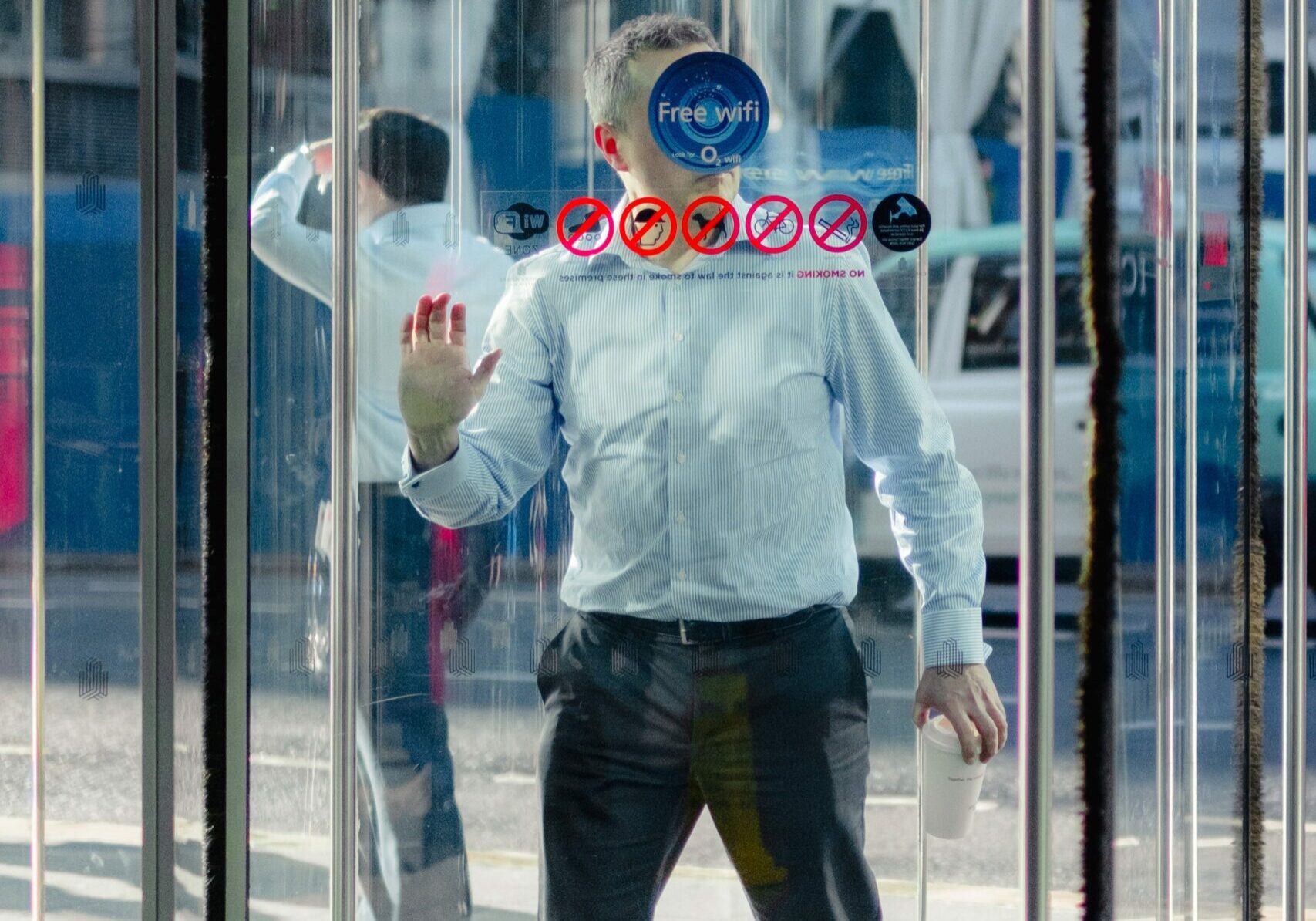Glassdoor Reviews – Are Candidates Getting a Clear Picture?

I walked right into a glass door once. No kidding. Nose flat to the glass, backward fall, sprained wrist. I didn’t see the door at all. I had no way to defend myself.
I imagine this is how some employers feel when smacked in the face with a negative review on Glassdoor. For all of its benefits, the open-policy, anonymous site packs a big punch for many employers.
But in many cases, those negative reviews give job seekers information they’d never get otherwise. Positive reviews help candidates feel secure when accepting a position. But, is Glassdoor a good source of reliable information? What are its pros and cons? How much value should a candidate place on Glassdoor in the decision to accept an offer?
Some Employees Rely Heavily on Glassdoor Reviews
As a recruiter, I’ve seen candidates turn down excellent opportunities after reading negative reviews on Glassdoor. I’m not saying that there aren’t valid concerns, but candidates should consider how heavily they value the comments. Katie Bowles of Aravo Solutions, author of “10 Reasons You Shouldn’t Trust Glassdoor Reviews” agrees. She says that “employees should think twice before making a decision that affects their future career solely from the reviews that anonymous people write online.” She says that Glassdoor has a flawed rating system, employees can over-exaggerate, and reviews are not always based on fact. Some candidates read the reviews and decide not to even apply to companies because of them. Is this good practice?
Sources of Glassdoor Reviews
There are actually more positive reviews on Glassdoor than negative. “Two out of three employees posting on Glassdoor report that they are OK or satisfied with their job and company and the average company rating is a 3.3 out of 5 on Glassdoor.” Positive reviews tend to cover topics like flexibility, salary, ability to contribute and grow with the company, and work environment. Negative reviews tend to be more specific and emotional. Perhaps this is why they get so much attention.
There are two major things to keep in mind when looking closely at the negative reviews: people are subjective and motivations can taint reviews. Misery loves company. Writing an anonymous negative review can provide a release of stress for a disgruntled employee. Timing can also be a factor as far as how an employee is feeling at a certain point in their career with a company.
Glassdoor’s Value
The First Amendment gives us the right to free speech, and Glassdoor can provide valuable information. The information it collects is moderated, and precautions are taken to prevent site abuse. According to Glassdoor.com, as of June 2019, Glassdoor has a two-step moderation process which involves algorithms to detect attempted abuse. Abuse includes publishing facts about a company that are untrue or might even defame a company. Human moderators hired by Glassdoor can flag posts for review. Glassdoor says that 5 to 10 percent of reviews are rejected.
Glassdoor has published community guidelines which include email verification of a reviewer, anonymity, one review posted per year, and a courteous environment. (For a complete list, visit help.glassdoor.com). Employers can respond to reviews by creating a free employer account, but cannot identify the source of a bad review because of anonymity.
The Bottom Line: Look At Multiple Sources of Information
There are other ways to research companies which go beyond Glassdoor reviews. Candidates can look for articles written about companies from unbiased news sources, look at the company’s own website, and can also scour social media for information. Another good idea is to reach out to employees who currently work at a company personally through LinkedIn, especially if there is a shared contact. Indeed.com offers a resource called Indeed Company Pages which is similar to Glassdoor as far as information, but can be a second source. Candidates might also consider researching the company’s leadership.
According to LinkedIn research, 75% of job seekers research a company’s reputation before applying. A negative review on Glassdoor or a disgruntled employee rant on social media can sway a candidate to look elsewhere.
While employers cannot prevent negative reviews, there ARE many ways to brand a company to attract employees and make them more confident to say “yes” to a position.
“Employment branding is storytelling–and you are the author,” says David Windley of Forbes. “If you do not proactively create your employment brand, that brand will be defined by others, and often the loudest voices are usually the least satisfied, even if they are in the minority.”
At Artemis Consultants, we advise candidates to look at multiple sources of information when making a decision instead of relying solely on one resource such as Glassdoor. Please visit Artemis’s job board for information about current opportunities and our referral bonus program.




